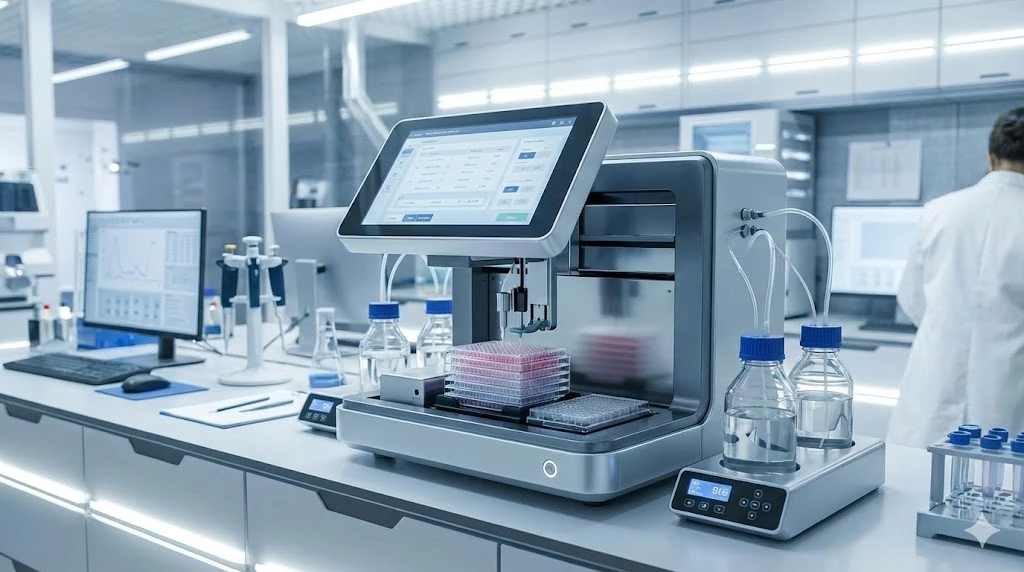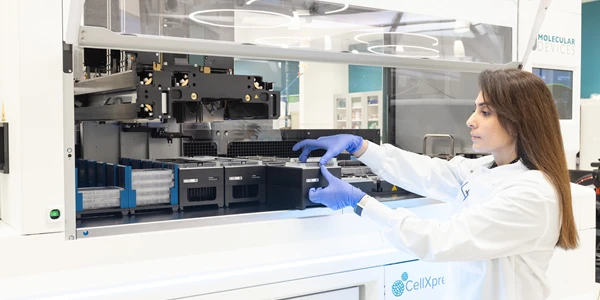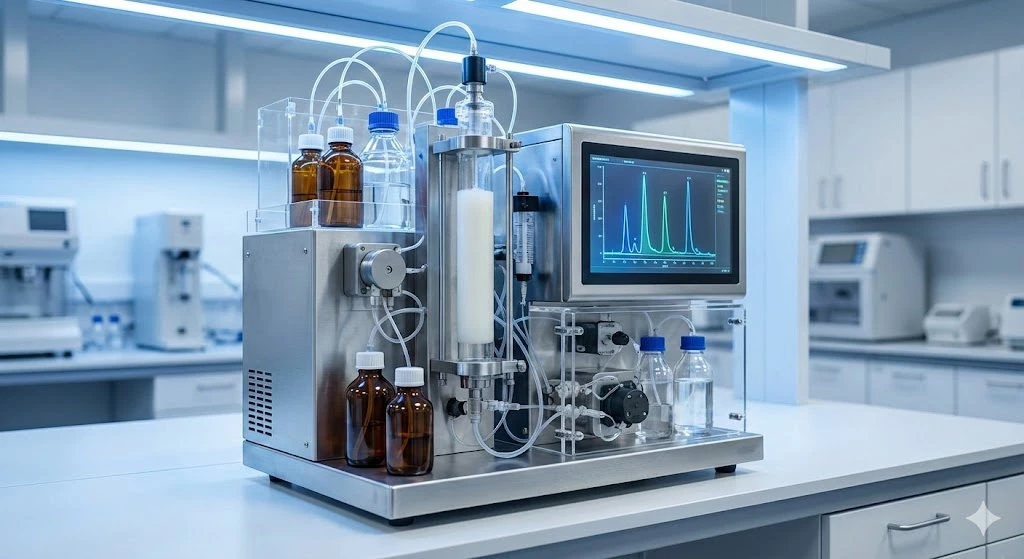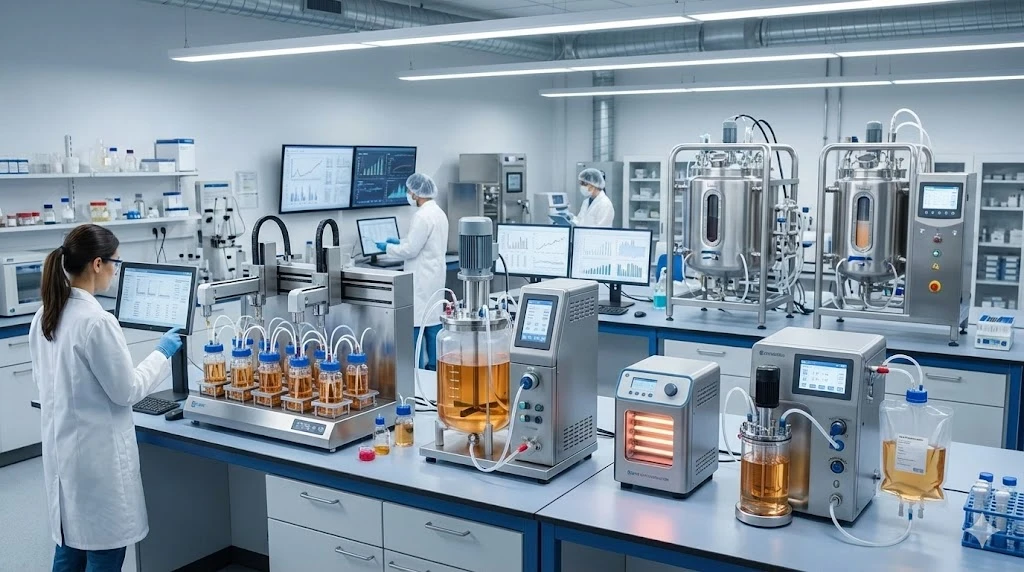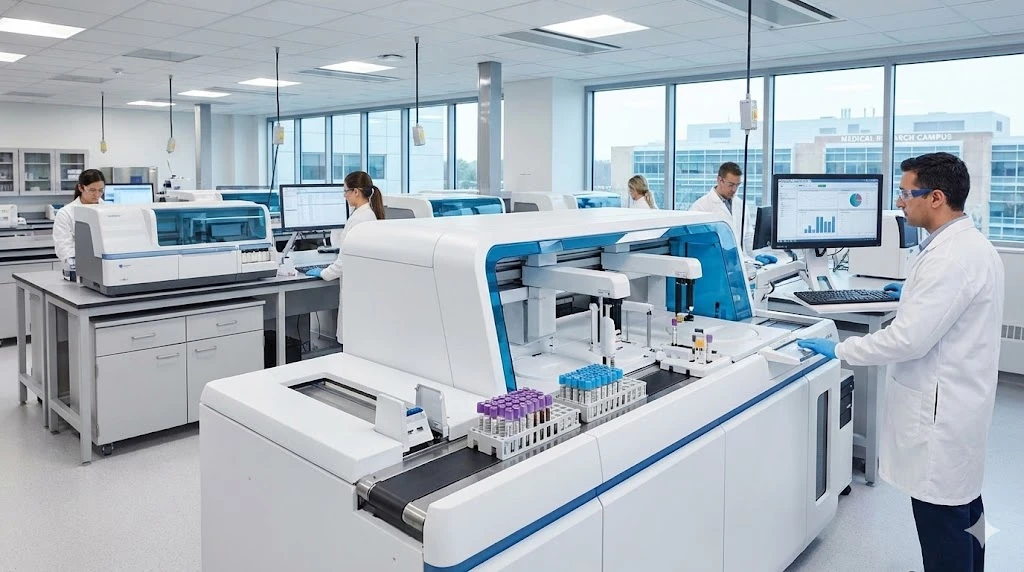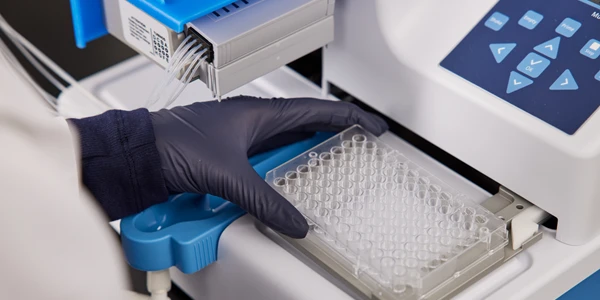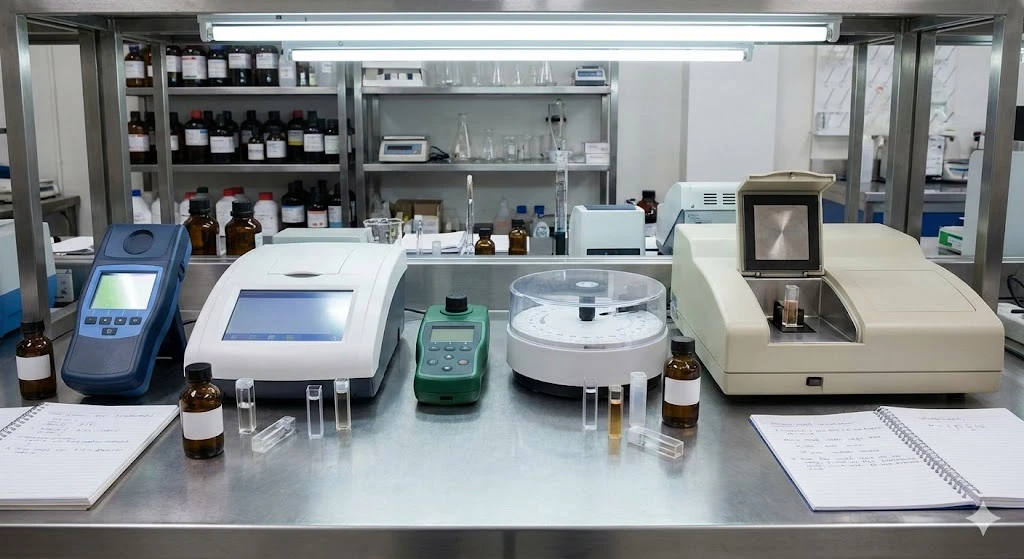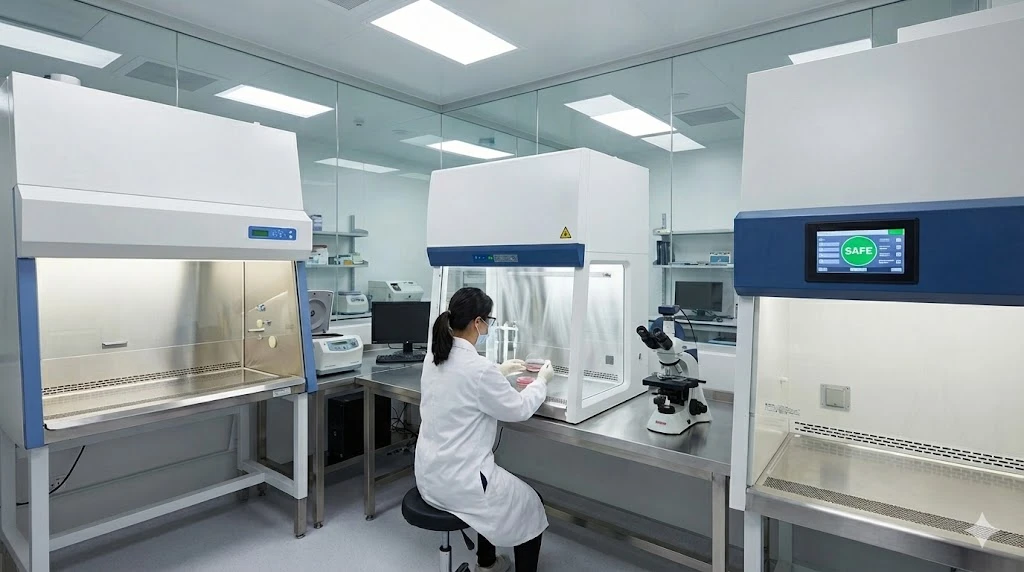The Hemp Harvest: Growing in All Directions
This year’s harvest comes amidst ups, downs, and interesting twists for the industry
Let’s start with an interesting twist on an old tradition. While we’re all familiar with apple picking, a farm in Colorado is now open to guests to harvest their own hemp plants. The farm grows hemp and sells flower to manufacturers that process it into oils, tinctures, edibles, and other CDB-based products. This year, over 70 acres of hemp are available for harvest—quite a selection for the discerning hemp picker.
The
experience is likened to picking out a Christmas tree. Visitors peruse the
fields, picking out the perfect specimen—not too tall and not too stout but
just right with the perfect aroma. Farmers cut the selected hemp ‘tree’ and use
a tree bagger to send them on their way. Pickers are supplied with instructions
on how to cure the plant for extraction and consumption. Unless, of course,
they simply wish to display and decorate the plant in celebration of the hemp
harvest season!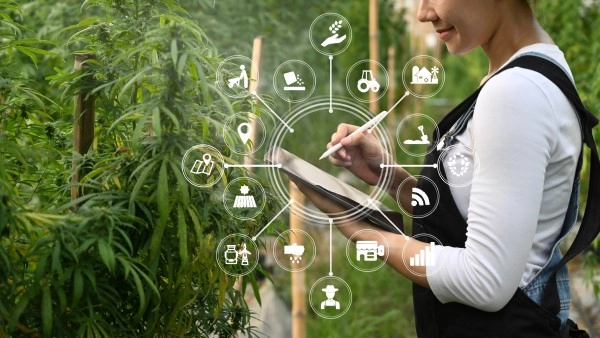
In all seriousness, though, the founding farmers are using the event to help demystify the plant and all its potential uses. Such education may prove helpful in removing the negative stigma from hemp and nurturing the industry in the region.
It seems the clash between federal law and state legislation around hemp-derived compounds continues. Although the 2018 Farm Bill essentially legalizes the cultivation and processing of hemp—with certain permissions and restrictions—some states have gone the distance in banning chemical compounds originating from hemp. Hemp-derived CBD is legal. THC analogs, including delta-8-THC and delta-10-THC, can be derived through chemical modification of CBD after isolation from the plant. This presents a conundrum for modified compounds that have seen commercial use; for instance, both modified compounds appear to have bioactive and some psychoactive properties. The question has become how to regulate these compounds to ensure consumer safety and quality control.
Some states have moved to legislate banning the substances altogether. This, in turn, has led to backlash from hemp growers stating that the ban is unconstitutional according to federal law (which legalizes hemp and hemp-derived CBD) and is too vague as written, opening up previously law-abiding cultivators and extractors to legal prosecution.
In certain jurisdictions, there has been a yes/no legality seesaw, with legislators on one side and legal challenges on the other. This may continue until either a more definitive law is implemented or federal legalization of hemp extends to state-level regulation with more concise definitions for hemp-derived products.
Along these lines, an association of state cannabis regulators has requested Congress to consider new rules governing hemp and hemp-derived compounds. This would include a more concise definition of what constitutes “hemp” versus marijuana and how best to regulate hemp-derived delta-8 THC. As the September expiration date for the 2018 Farm Bill looms, a US Hemp Roundtable and 30 cannabis organizations submitted a formalized list of nine priorities for the House and Senate to consider when crafting the new Farm Bill.
It’s widely acknowledged that the biggest issue the industry is facing right now is the lack of regulation by the FDA when it comes to CBD and other cannabinoids. In passing the new Farm Bill, there will very likely be legislative efforts behind requiring the FDA to regulate CBD. As far as hemp-based psychoactive compounds, including delta-8 and delta-10 THC, these may be outright banned in the new bill, although speculations vary.
The federal Farm Bill is introduced every five years, and the redefinition of hemp and hemp-derived products from a legal perspective may ultimately be a model for when marijuana is finally legalized.

